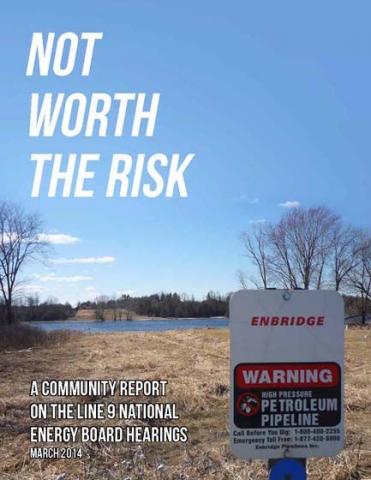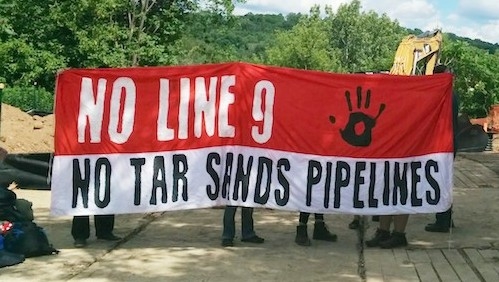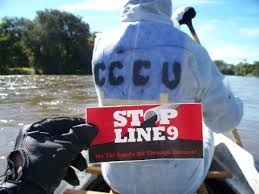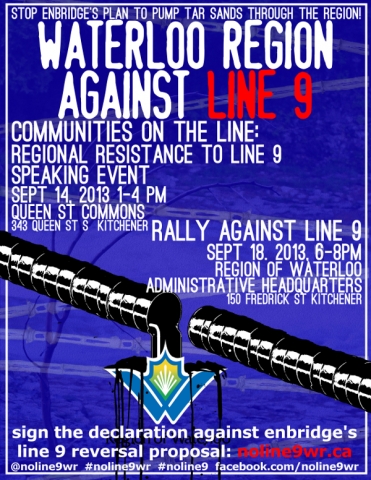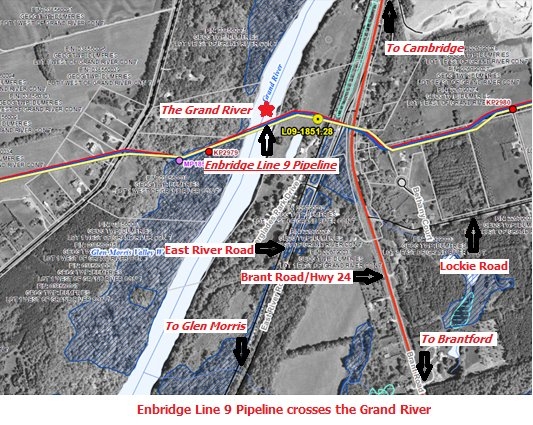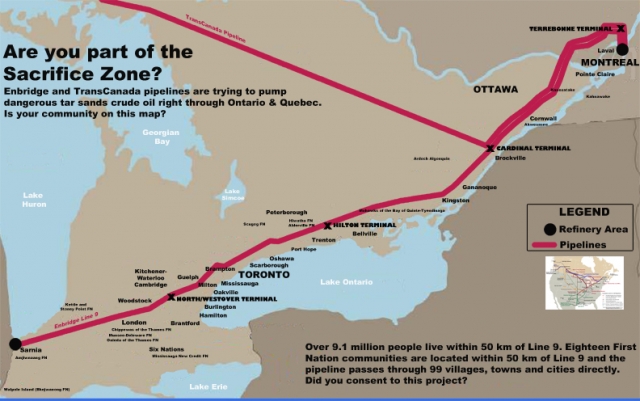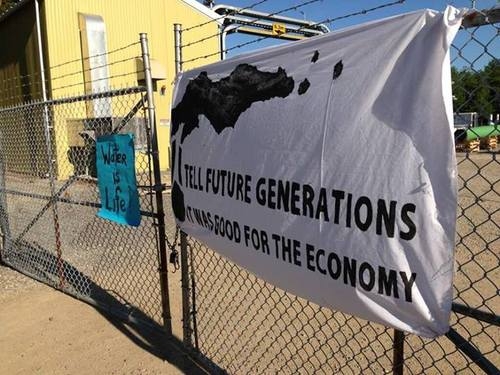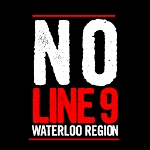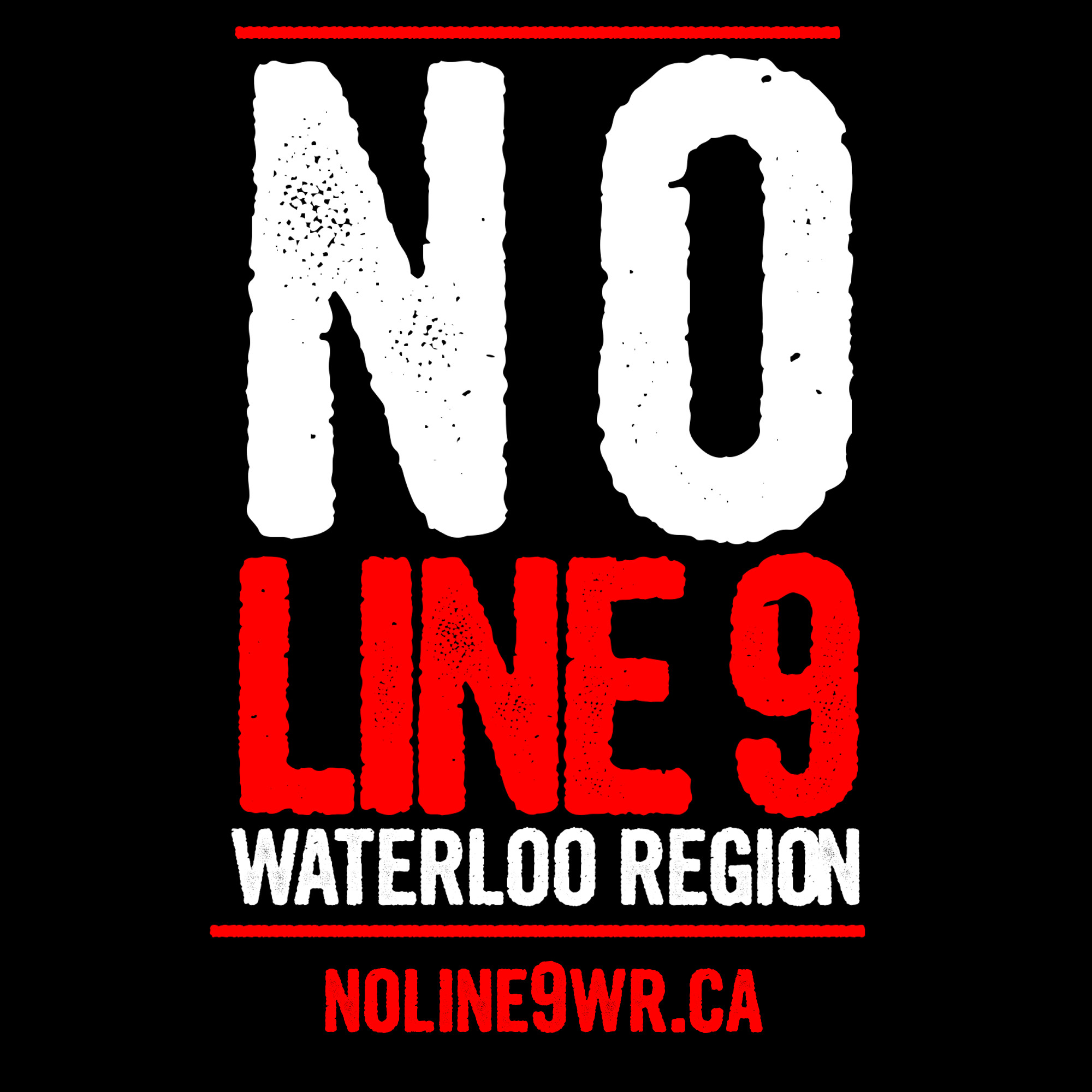
The after effects of Lyle Lanley's monorail bears eerie similarities to the potential impact Line 9 could have in Canada. via the Simpsons Wiki.
In a classic episode of the Simpsons, a travelling salesman named Lyle Lanley visits a town meeting and convinces the people of Springfield to invest in a monorail—a lavish train system that the town welcomes with a song. But Marge Simpson remains skeptical, so she visits North Haverbrook where a previous Lanley monorail was built: Houses and businesses are abandoned, people are traumatized, and the remains of a derailed train hang precariously off of broken tracks in the town’s centre. A scientist clarifies, “this is all that’s left of one of the crappiest trains ever built.” But Marge is too late to warn Springfield and on the new monorail’s maiden voyage its brakes fail, nearly killing everyone on board. Meanwhile, Lyle Lanley boards a flight out of town with two giant suitcases full of money.
Enbridge’s new proposal for its 37-year-old Line 9 pipeline is a lot like the Springfield monorail. The people of Ontario and Quebec are being sold on a tar sands pipeline that has a “high risk” of rupture in its “early years” of operation. And a rupture of this pipeline, which cuts through the most densely populated part of Canada and crosses twelve major watersheds, could result in an unprecedented catastrophe. Never before has a pipeline carrying diluted tar sands bitumen (dilbit) passed through, or ruptured in, a major urban centre.

